2 August 2021
Angelina Kappler
is a Vintner, Sintezza and the German Weinkönigin 2019/2020
Interview on the occasion of 2 August 2021, Holocaust Memorial Day for Sinti and Roma
When I talked to my mother about the experiences, it was very difficult for her and very emotional. Because it is, of course, a subject that stirs everyone up and she told me a lot, but she also told me that the conversation with my grandfather was very difficult at the time, that he didn’t tell me many things because it was simply too traumatic for him and of course he didn’t want to burden his children with the experiences. That means we don’t know the whole extent of it.
The antiziganism and everyday racism that still prevails against the Sinti and Roma is something that both my mother and I and my younger sister have experienced up to the present day. Of course, it’s no comparison to the past, but it helps to talk about such issues with the generation before and to know for yourself how you go through life and what attitude you have to have in order to cope with it. But the concrete experiences that my grandfather had in the concentration camp were very difficult for me to hear. I’d say that’s something you don’t want to repeat all the time. But it’s good for me to know that and it’s good that hopefully many people know that, because then something so bad can hopefully never happen again.
I think that remembering but also preserving knowledge goes hand in hand and also goes hand in hand with frequent racism, because is often just ignorance. That’s why it’s something that not only the population is involved in, but I also see it as the government’s task to make fundamental changes. If there were a generation that was enlightened, that simply knew that all the prejudices that still exist about Sinti and Roma, because I know, too many people always held these prejudices against me when I was at school. If something were to happen, then perhaps a whole generation would deal with the subject in a completely different way. Unfortunately, these prejudices, which go back many generations, are often passed on with the memories. I believe that we have to break this cycle and then we will have a good basis for showing more respect and also for providing a basis for the future so that the minority, the Sinti and Roma, become an accepted part of society. That is why I personally go around the world and tell everyone who wants to hear about my story and what I know, in the hope that I can contribute a little.
My message to you would simply be that you all have a responsibility. We all have a duty to keep this memory alive and to pass it on to the next generation because otherwise it will die out. To know this, pass it on to your children, to your friends, to your colleagues. I notice again and again that there is simply a great thirst for knowledge behind it. That’s why I ask all of you to be strong and make sure that these memories don’t die out.
Statements 2021
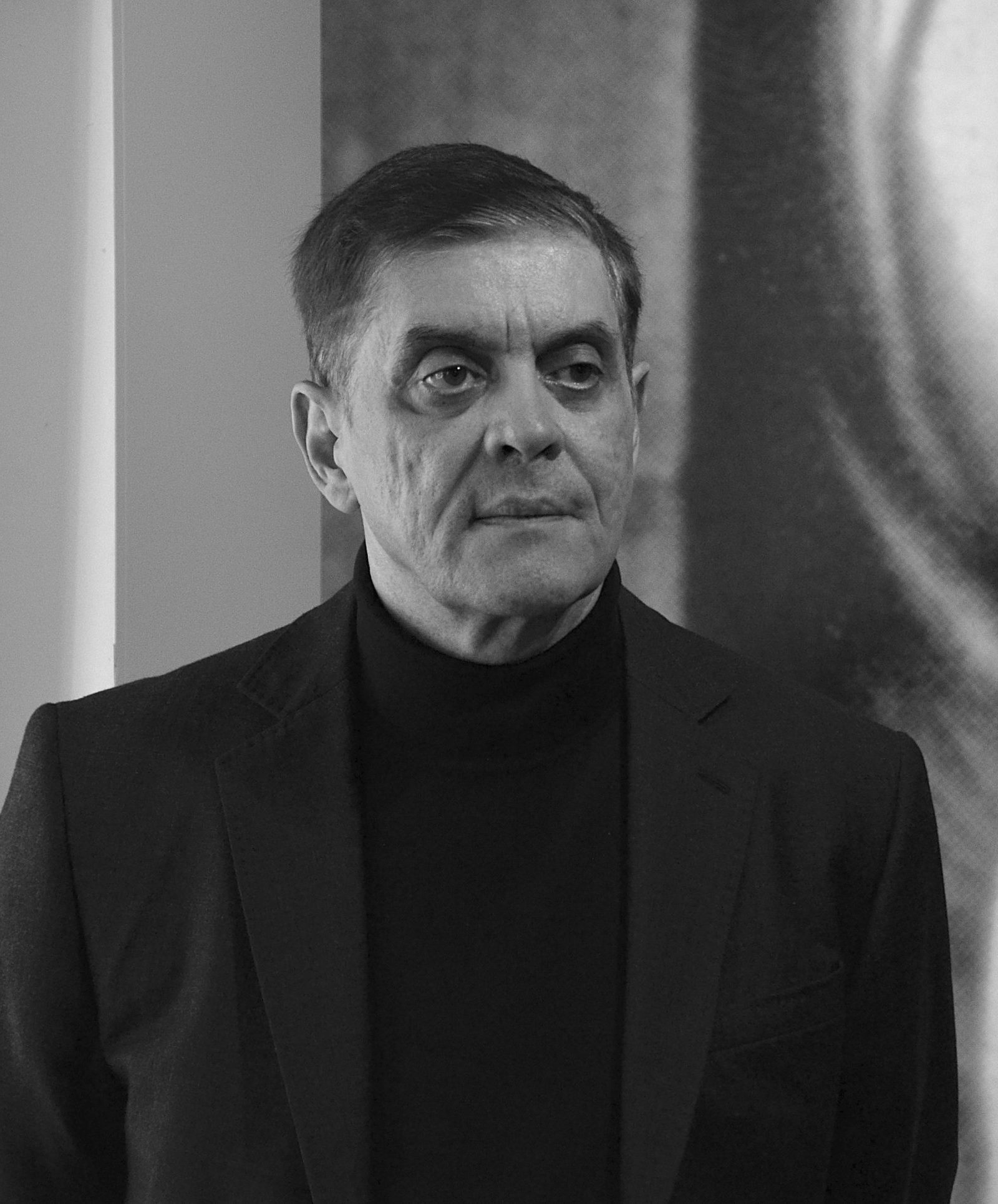
Romani Rose
Chairman of the Central Council of German Sinti and Roma

Katarina Barley
Vice President of the European Parliament

Helena Dalli
European Commissioner for Equality
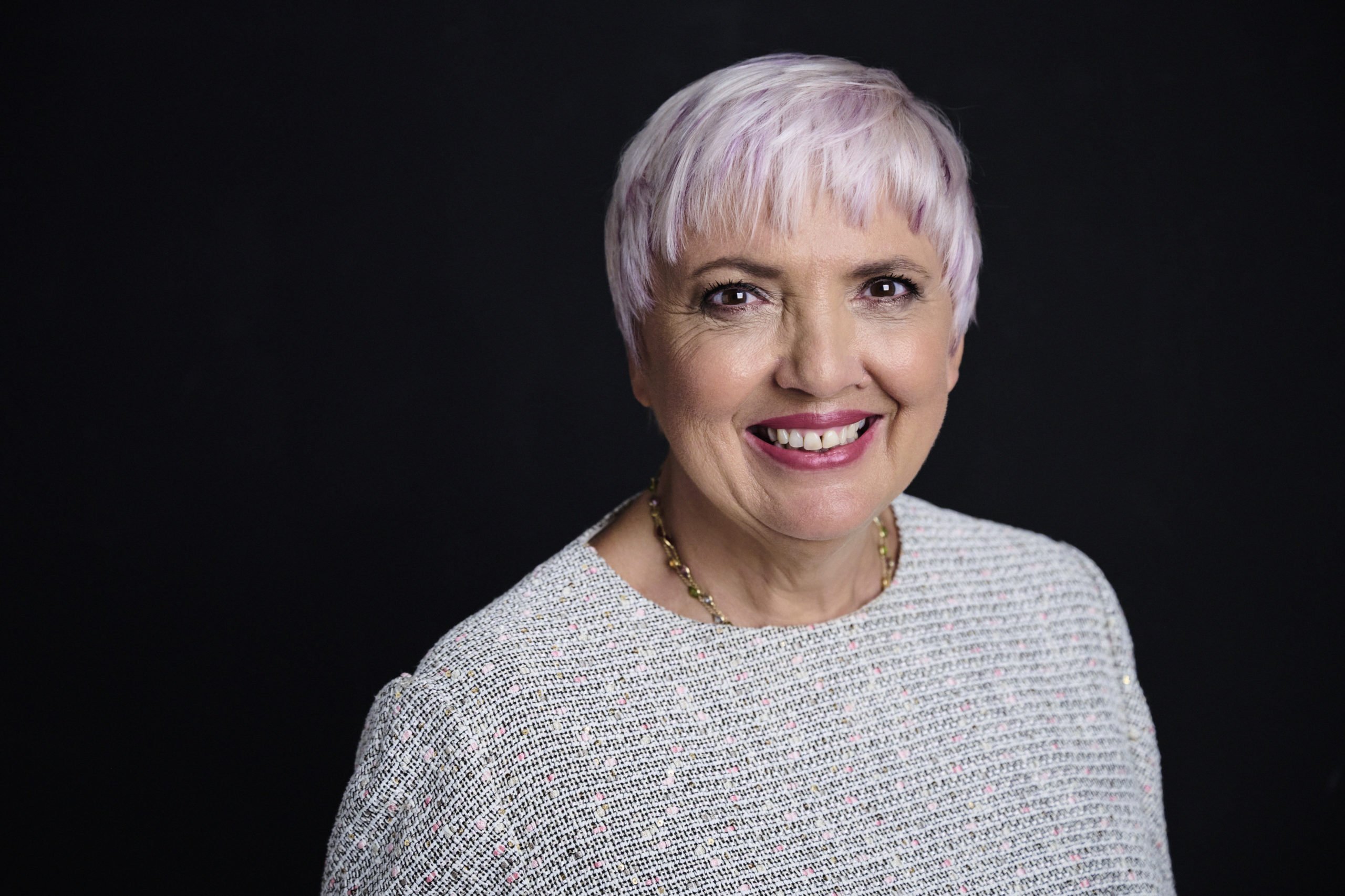
Claudia Roth
Vice President of the German Bundestag
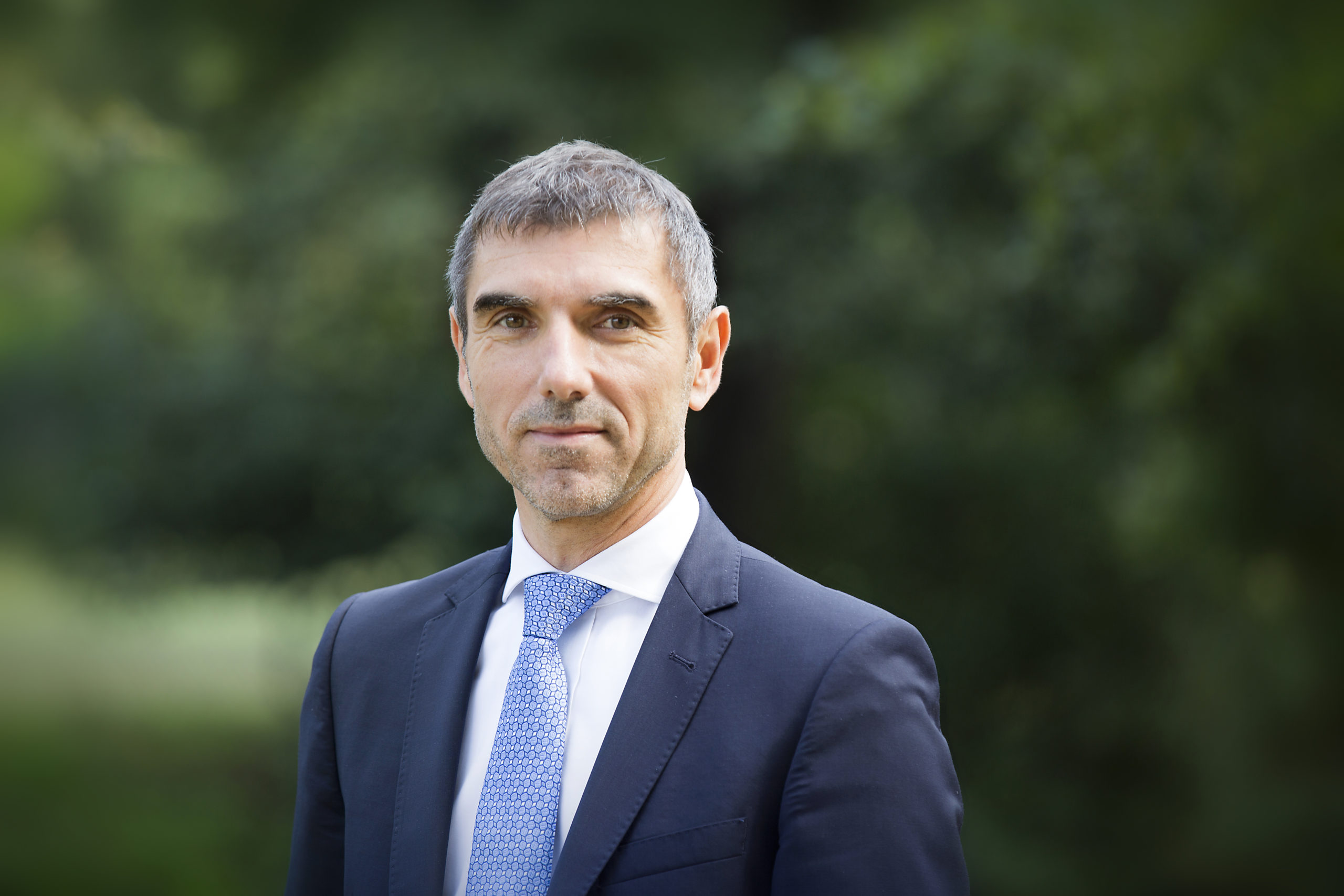
Paul Blokhuis
Dutch State Secretary Paul Blokhuis
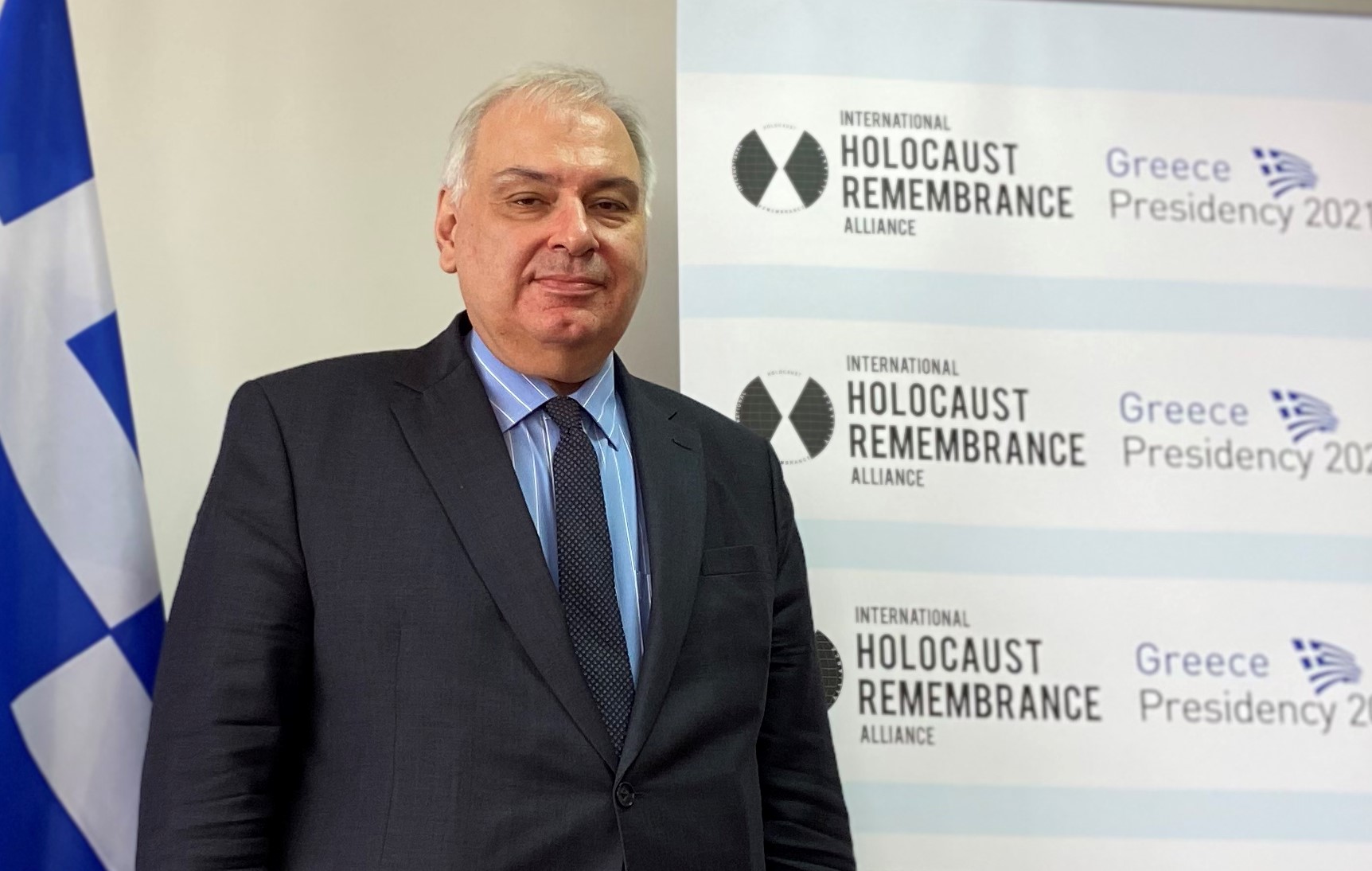
Chris J. Lazaris
Amb. Chris J. Lazaris, IHRA Chairman
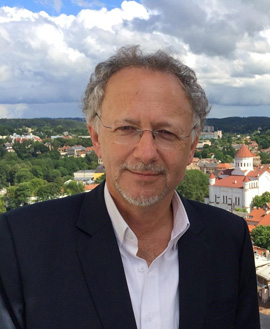
Fernand des Varennes
UN Special Rapporteur UN minorities
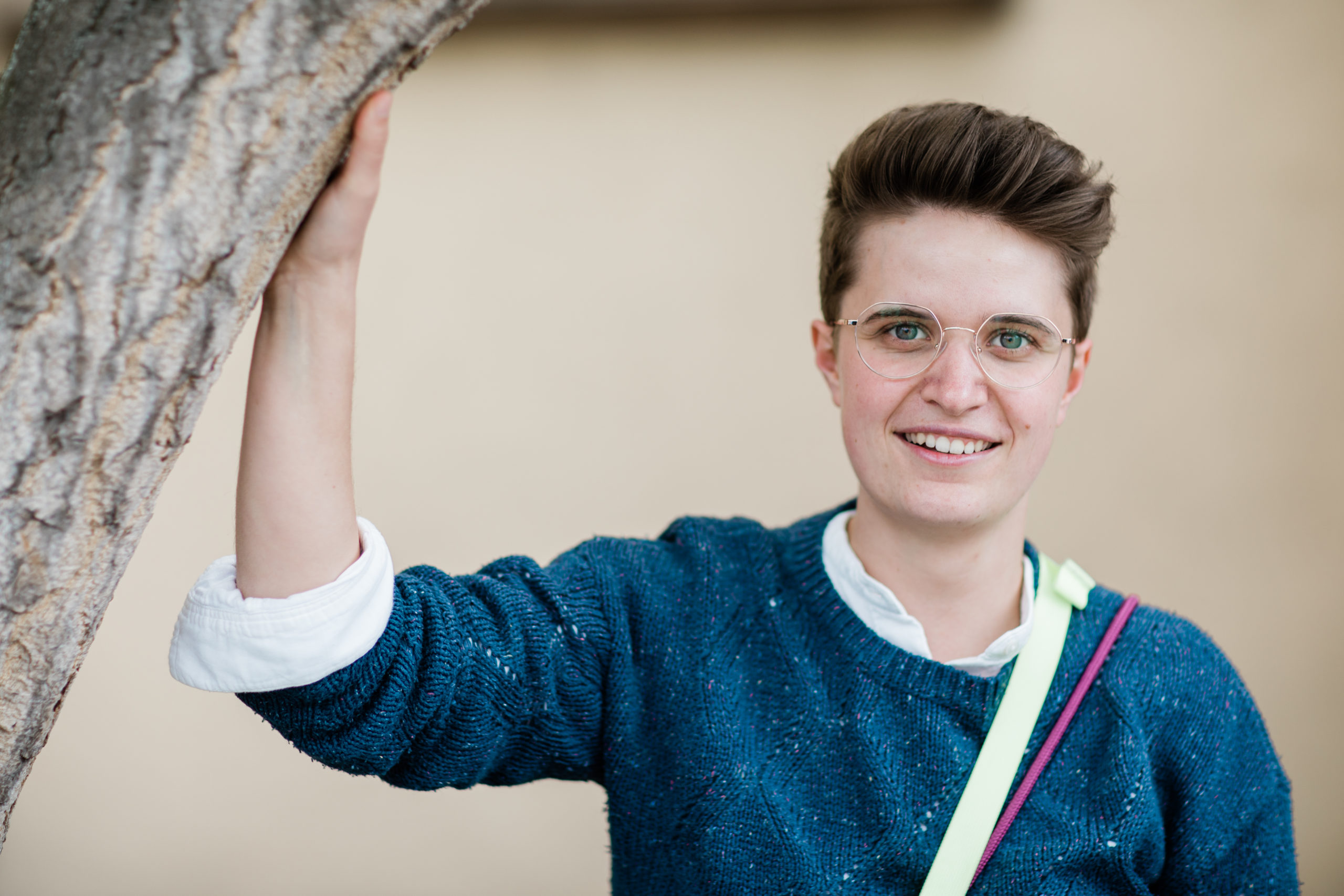
Anna-Nicole Heinrich
President of the Synod of the Evangelical Church in Germany (EKD)

Justin Trudeau
Prime Minister of Canada
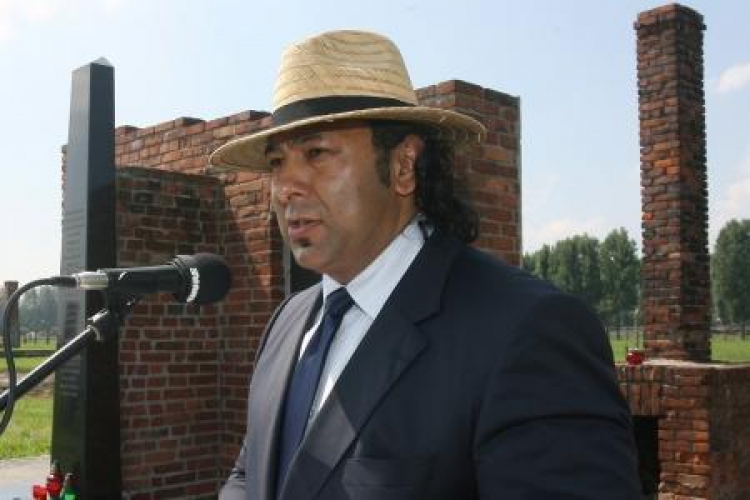
Roman Kwiatkowski
Chairman of the Association of Roma in Poland
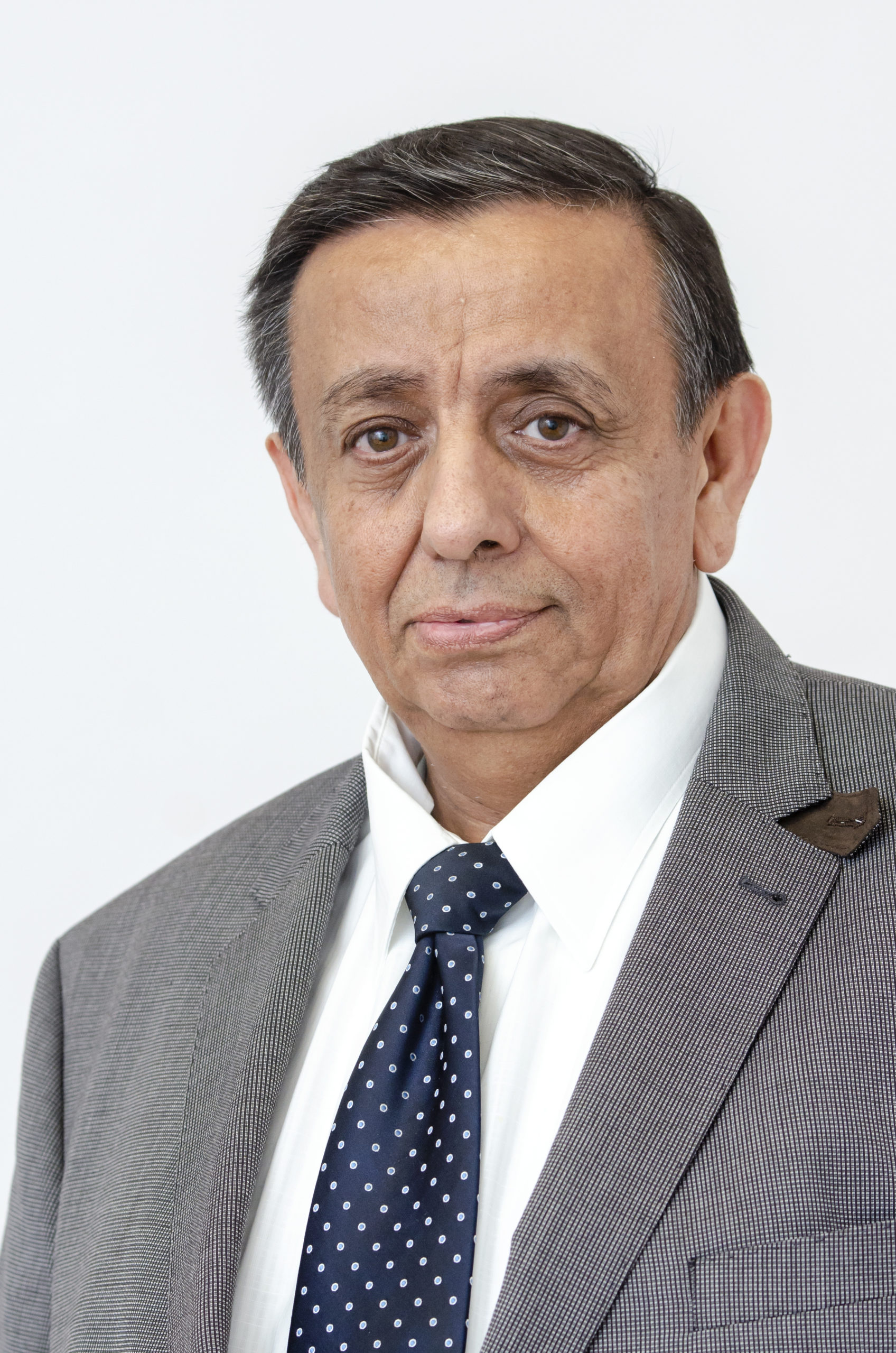
Erich Schneeberger
Deputy Chairman of the Documentation and Cultural Center of German Sinti and Roma and Chairman of the Association of German Sinti and Roma

Timea Junghaus
Executive Director
European Roma Institute for Arts and Culture (ERIAC)
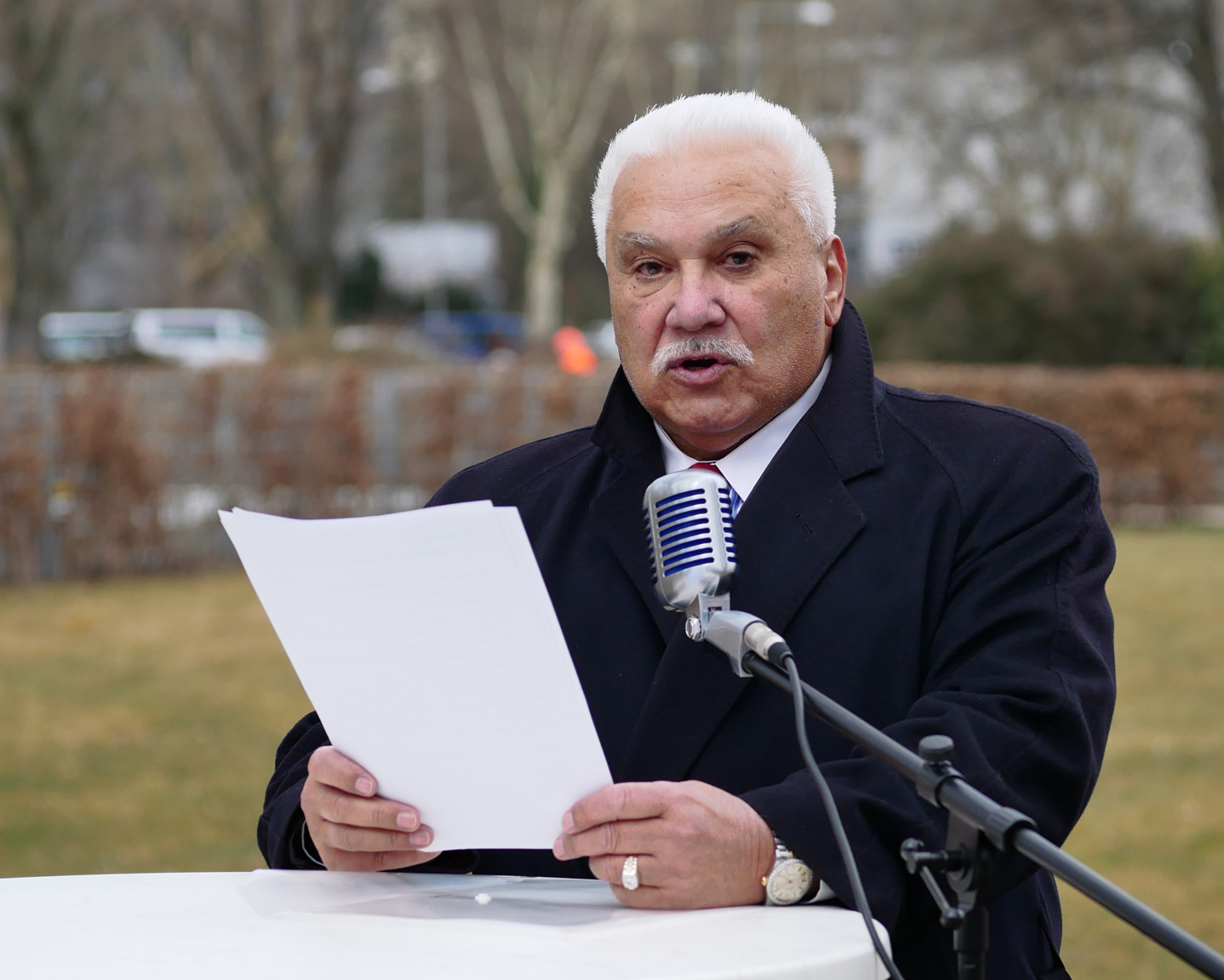
Adam Strauß
Chairman of the Council of German Sinti and Roma in Hesse

Manon Aubry
Manon Aubry, MEP
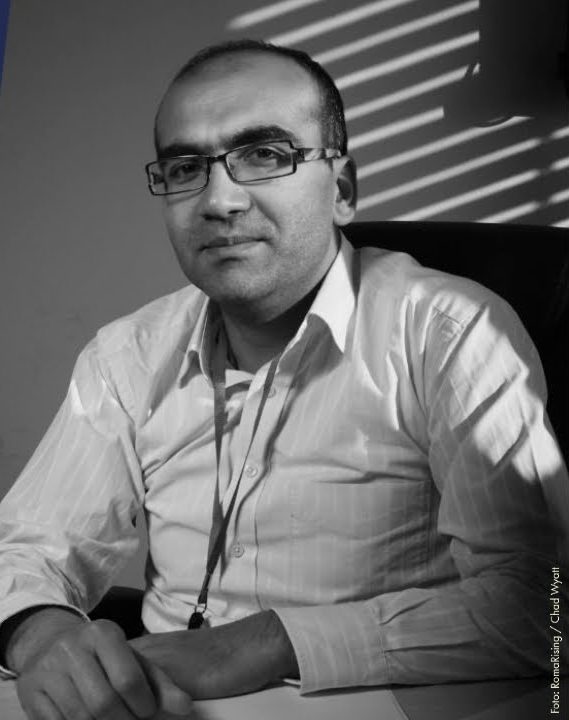
Adrian-Nicolae Furtuna
Historian at the University of Bucharest
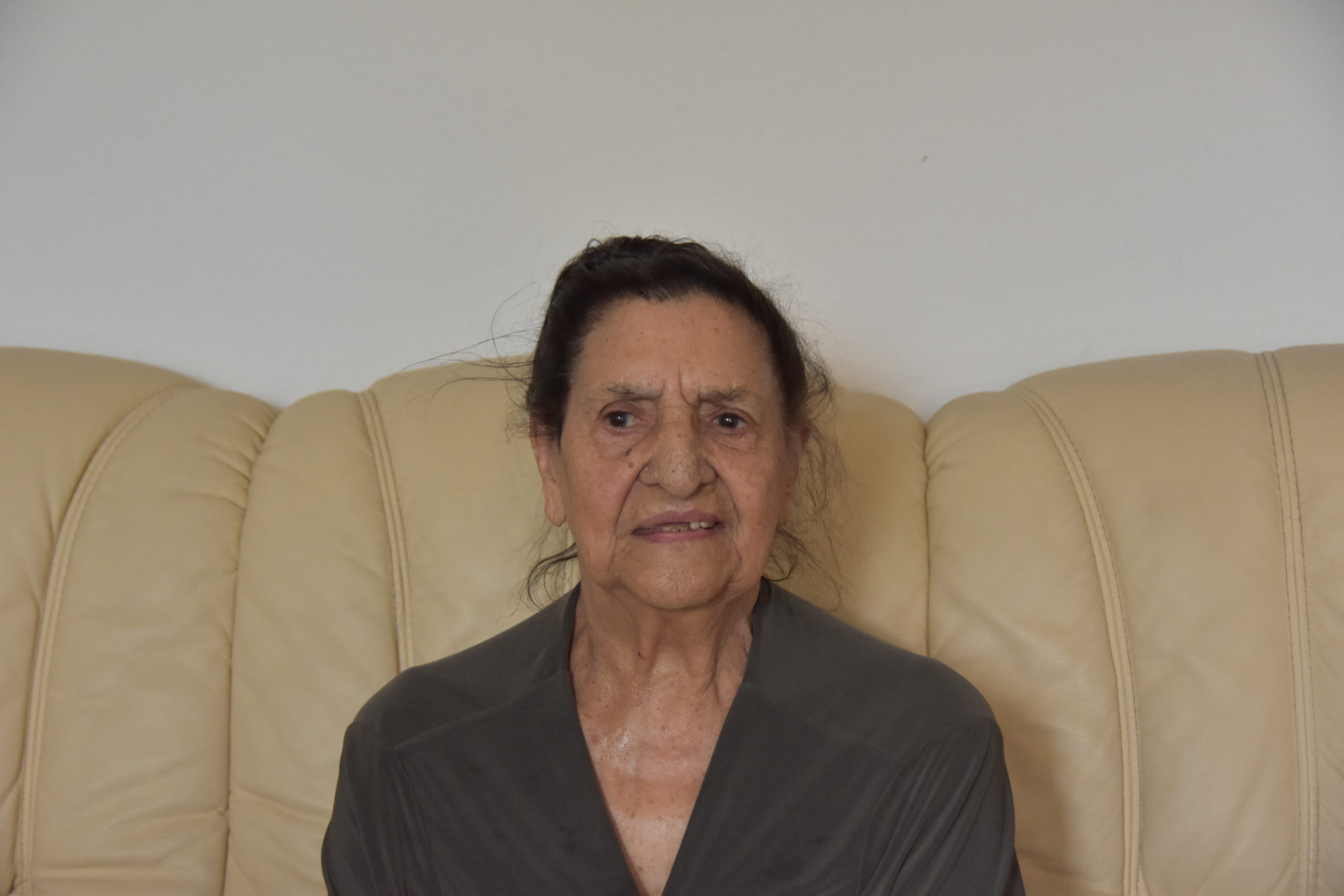
Philomena Franz
Holocaust Survivor

Angelina Kappler
German former Weinkönigin
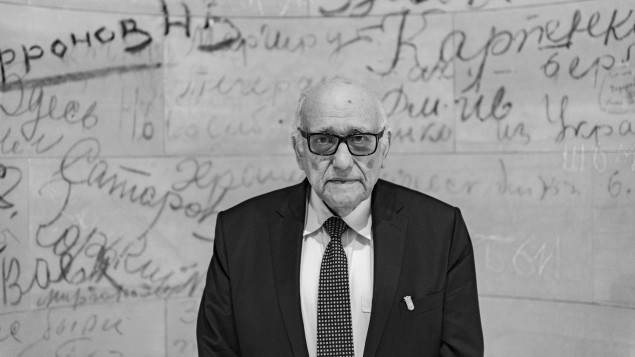
Marian Kalwary
Chairman of the Association of Jews,
Survivors and Victims of the Second World War

Piotr Gliński
First Deputy Prime Minister and the Minister of Culture and National Heritage of Poland
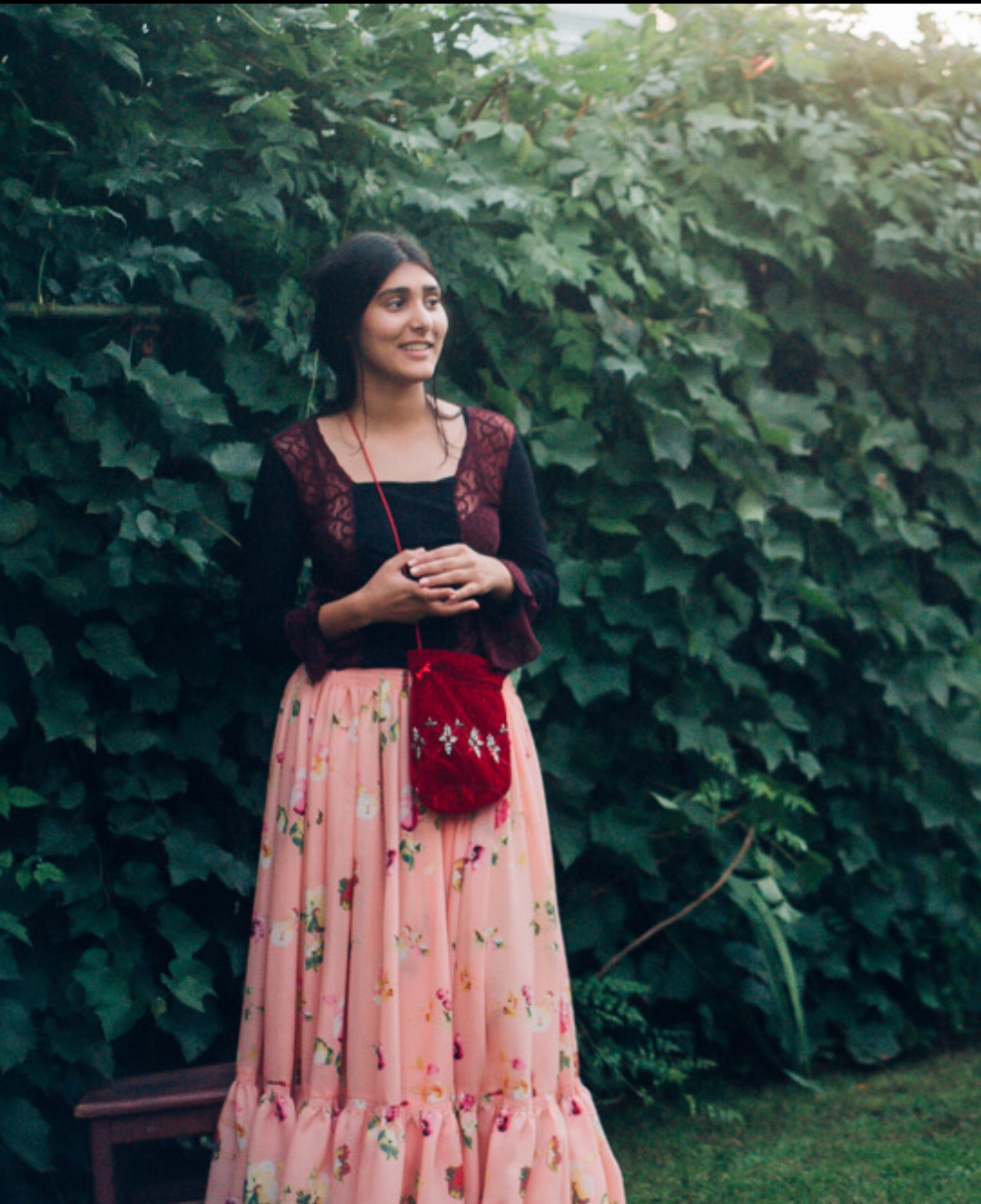
Izabela Tiberiade
Young Activist from Sweden

Ursula Krechel
Writer

Marija Pejčinović Burić
Secretary-General of the Council of Europe
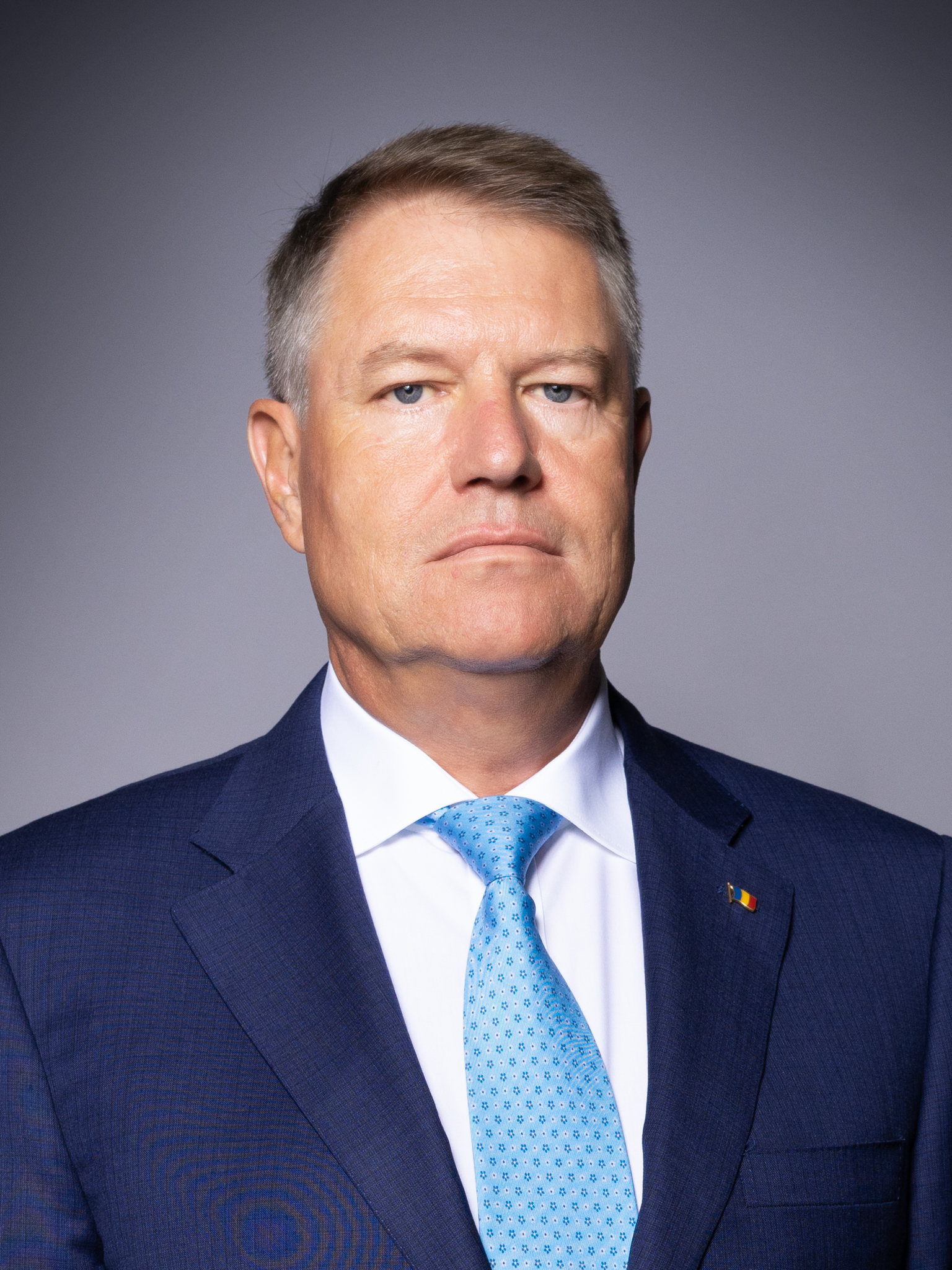
Klaus Iohannis
President of Romania










